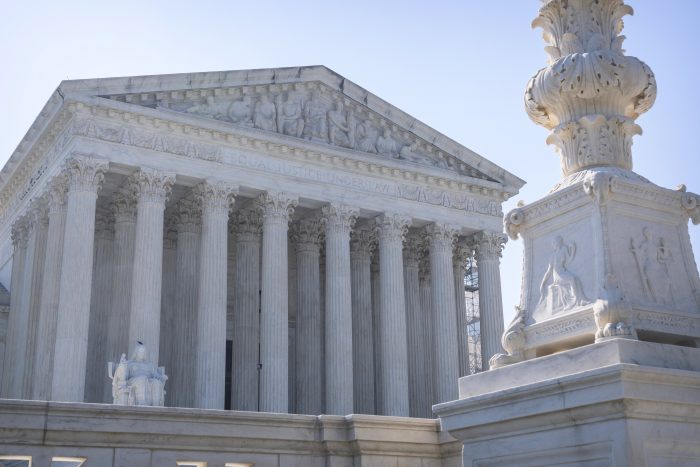Summary:
Religious parents in Maryland are challenging a public school district’s decision to include LGBT-themed storybooks in the elementary curriculum without offering an opt-out option. The parents—Muslim, Christian, and Orthodox—argue this violates their First Amendment rights. The school district maintains the books promote inclusivity and are not intended to teach about gender or sexuality. The U.S. Supreme Court is now set to decide whether the district’s refusal to allow opt-outs infringes on religious freedom.
Washington, D.C. – The U.S. Supreme Court is set to hear arguments on Tuesday in a high-profile case that pits religious freedom against public education policy. At the center of the case is a group of Christian and Muslim parents from Montgomery County, Maryland, who are asking for the right to opt their elementary school children out of classes that include LGBT-inclusive storybooks.
Background: Storybooks and Parental Objections
The Montgomery County school district introduced several books featuring lesbian, gay, bisexual, and transgender characters into its English language-arts curriculum in 2022. According to school officials, the goal was to better reflect the diversity of families in the district. These books are used alongside traditional materials and do not explicitly teach about gender or sexuality.
However, a number of parents—Muslim, Roman Catholic, and Ukrainian Orthodox—objected, saying the books contradict their religious beliefs. When the district announced in 2023 that it would no longer allow opt-outs due to logistical challenges, the parents filed a lawsuit claiming a violation of their First Amendment right to free exercise of religion.
The Legal Battle
The parents, represented by the conservative Becket Fund for Religious Liberty, argue that mandatory exposure to such materials infringes on their religious duty to guide their children’s moral development. Plaintiffs include Tamer Mahmoud, Enas Barakat, Chris and Melissa Persak, Jeff and Svitlana Roman, and an advocacy group called Kids First.
They assert that the books “promote one-sided transgender ideology, encourage gender transitioning and focus excessively on romantic infatuation,” all without parental notification or the option to opt out.
Lower Courts’ Ruling
The 4th U.S. Circuit Court of Appeals denied the parents’ request for a preliminary injunction, stating there was no evidence the materials were being implemented in a way that coerced students or parents to act against their faith.
The court emphasized that exposure to different viewpoints does not amount to a First Amendment violation, a view echoed by secular advocacy groups like the Freedom From Religion Foundation. In its filing, the foundation argued that allowing every family to tailor curriculum to their beliefs would be “boundless” and impractical.
What the Supreme Court Will Decide
Now before a conservative-leaning 6-3 Supreme Court, the case could have broad implications for how public schools balance curriculum choices with religious accommodations. The justices are expected to issue a ruling by end of June 2025.
This term, the court is already handling several major religious liberty cases, including a challenge next week involving the proposed creation of the first taxpayer-funded religious charter school in Oklahoma.
Broader Implications
This case sits at the intersection of religious liberty, LGBT rights, and public education. A ruling in favor of the parents could open the door for more opt-outs and potentially more legal challenges to curriculum decisions across the country. A ruling for the district could affirm the authority of public schools to expose students to diverse viewpoints without religious exemptions.
With the nation watching, the Supreme Court’s decision may redefine the limits of parental rights in public education—and how schools address controversial topics in an increasingly pluralistic society.
Tags: Supreme Court, LGBT rights, religious freedom, education policy, Montgomery County, parental rights, First Amendment, public schools, Becket Fund, storybooks


